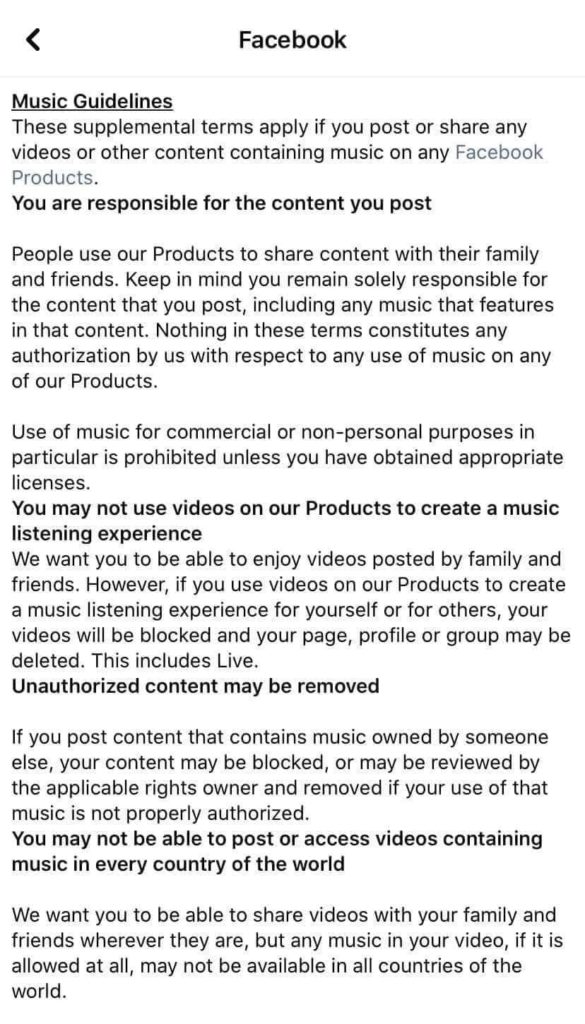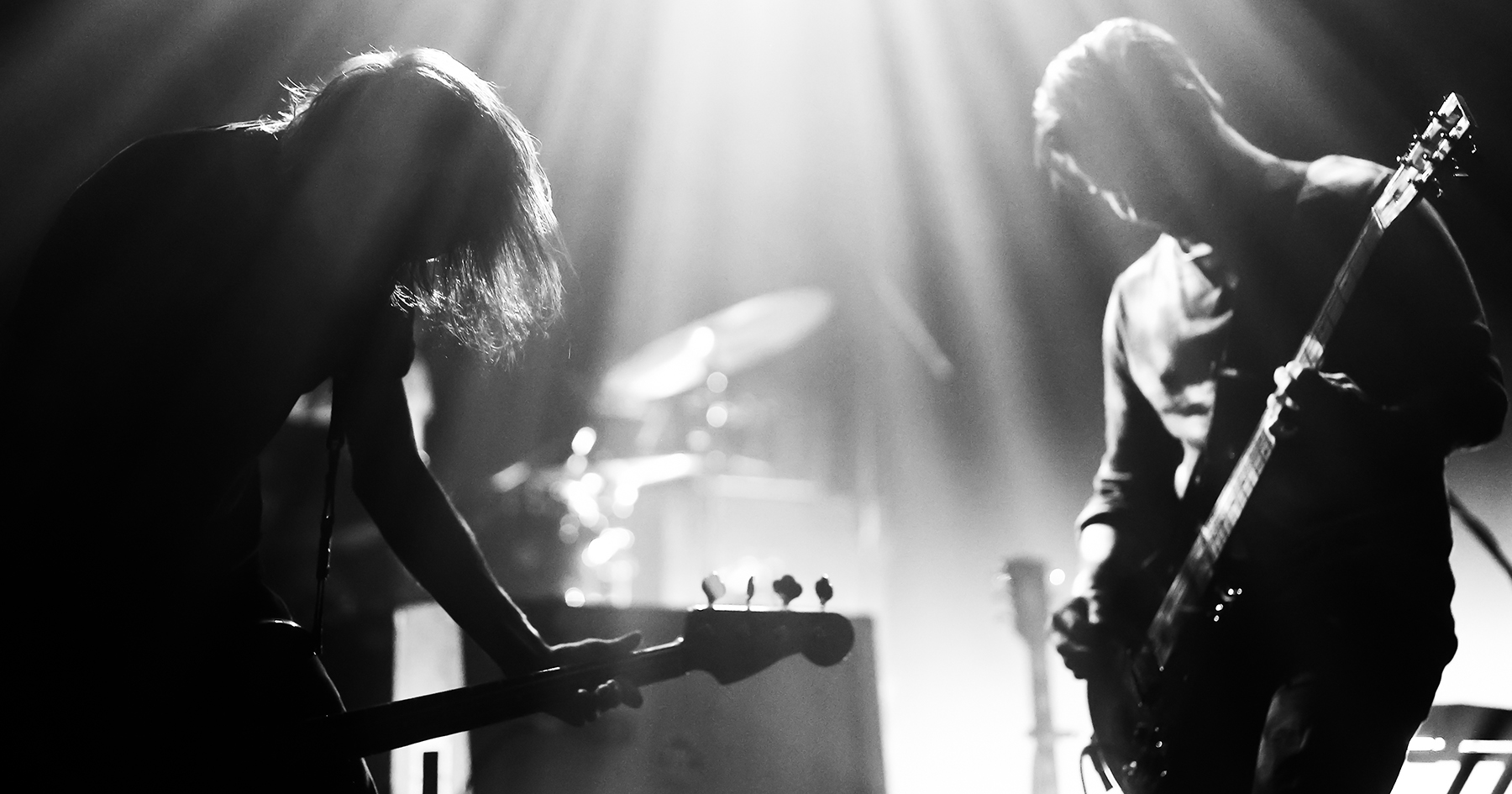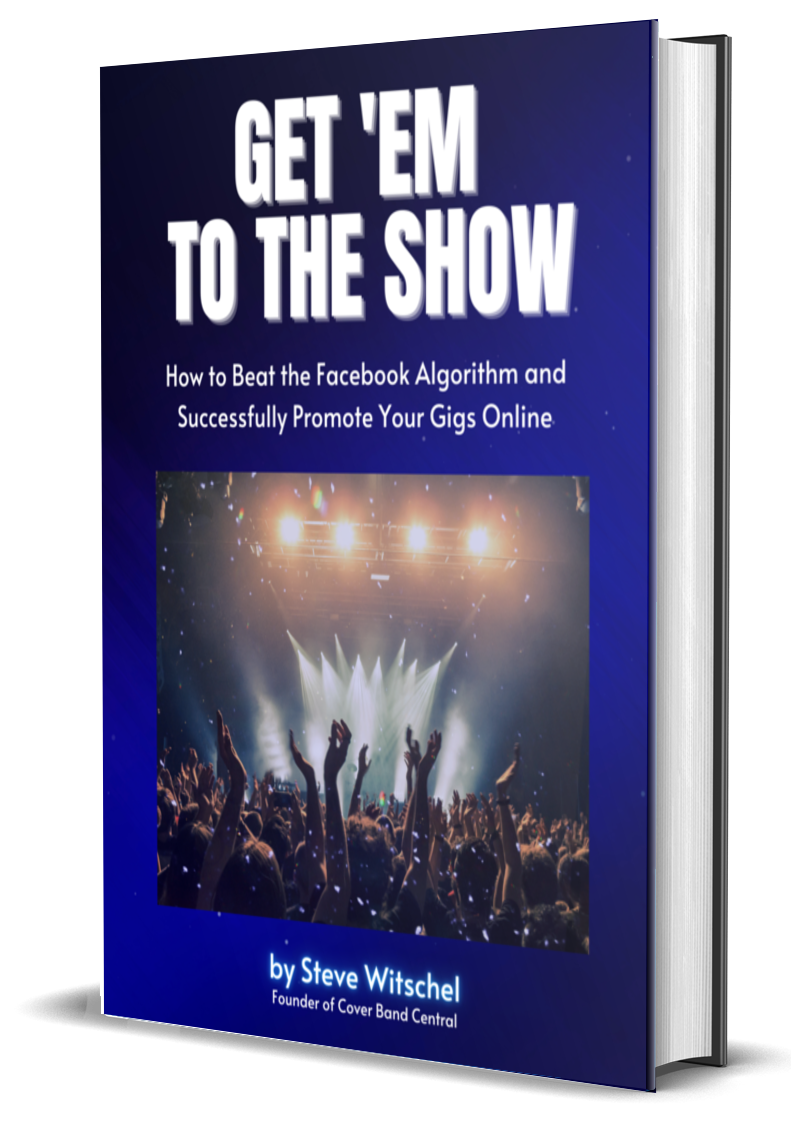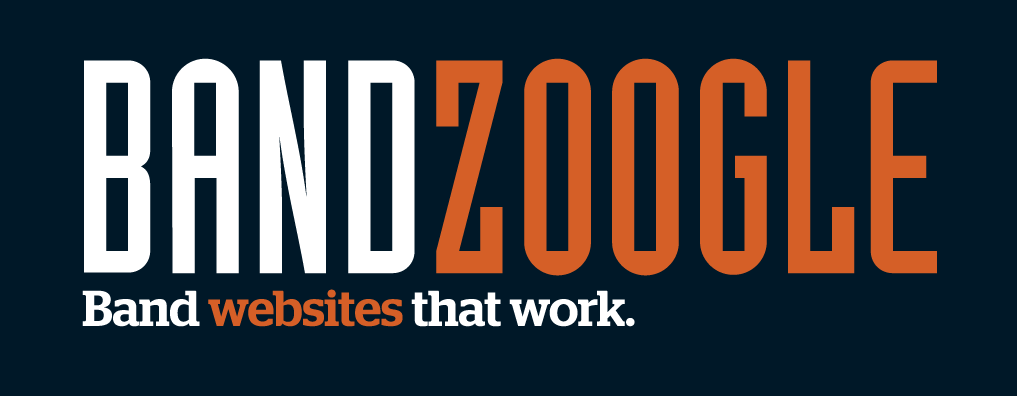Oh…hey, 2020. You’re still here? Seems like you’ve been hanging around for years. We should have known that starting January off with the death of one of the greatest rock drummers to ever sit behind a kit—Rush’s “Professor” Neil Peart—that we were in for a rough ride. But nobody ever expected the struggles that would befall the entertainment industry this year.
With a global pandemic shutting down live performance venues all over the world in mid-March, every major tour was put on hold, and musicians that would normally be gracing the stages of bars, pubs, clubs, coffee houses, festivals and theaters were out of work. Broadway closed up shop in New York City leaving orchestra musicians with no income. The entertainment world basically came to a screeching halt, and as of early September, very little has recovered.
Quarantined at home, many musicians quickly turned to live streaming to keep the juices flowing, to stay connected to fans, and to even make a few bucks through PayPal and Venmo tips. For the most ambitious, this has become a regular practice. Some players stream weekly, a few days a week, or randomly as the inspiration strikes. For musicians and music fans alike, this has been a welcome diversion from all of the daily chaos and uncertainty.
During the last week or so a meme has been floating around the internet of the latest music guidelines scheduled to be effective on October 1st for Facebook Products (which includes Facebook, Facebook Messenger, Instagram, and a shitload of other things that you’ve never heard of). Basically, anything to do with Facebook is covered. (See image below.)

This news has (understandably) gotten a lot of musicians freaked out. But here’s the thing. As so often happens on the world wide web, information gets inaccurately reported, and this situation is no different. Oh, the music guidelines are correct—taken directly from Facebook’s Terms of Service. It’s the date that is wrong. These guidelines aren’t going into effect on October 1st. They’re already live.
(Saturday, September 12—There is update to this story. Click this link):
Facebook Clears Up Confusion Around October Update and Music Guidelines for Live Streaming
The confusion seems to stem from the fact that Facebook did announce a TOS update that is effective October 1st, but it has nothing to do specifically with music or videos. Rather, the update is for section 3.2, which states in short that Facebook can remove or restrict access to content that they feel is in violation of certain provisions.
The current 3.2 is identical to the October 1st 3.2, except for this sentence at the end:
“We also can remove or restrict access to your content, services or information if we determine that doing so is reasonably necessary to avoid or mitigate adverse legal or regulatory impacts to Facebook.”
So this update doesn’t specify music or videos, but it also doesn’t not. So…does posting a cover performed by your band or a live stream of popular tunes played by you qualify as something that could cause “adverse legal or regulatory impacts” to Facebook? It’s hard to say. It depends what they consider adverse.
The big 3 music labels (Warner Music Group, Sony Music, and Universal Music Group) have basically left straight-up live streamers alone. So if you are strumming your guitar and singing, or jamming with a full band and rocking out some covers, you fall under the radar. Nobody at Facebook (or anywhere) is policing musicians. That would be a massive undertaking that wouldn’t be possible to fully monitor. There are just too many players live streaming 24/7.
However, there are hundreds of thousands, if not millions, of people singing on live streams to pre-recorded (some legally purchased, btw) karaoke tracks. (A Facebook Group known as Quarantine Karaoke boasts over 700k members alone). This is where things get sticky. We’ve heard many reports of these kind of broadcasts getting yanked mid-stream, or muted on the replay. Users get a notification from Facebook stating the violation and citing the Big 3 label that holds the rights to the particular track(s).
So this is already happening. These music guidelines have been in place, but it’s hard to say for how long. Facebook TOS is incredibly vague for such a large company, and there are no specific dates associated with each term. The only thing we know for certain is the date of the last update, which was July 31, 2020. So these music guidelines have been in place for at least a month or so.
So live streamers can breathe a sigh of relief, right? Maybe. Maybe not.
On July 28, 2020, Rick Beato, a mega-popular music YouTuber with over 1.7 million followers testified before the Senate Subcommittee on Intellectual Property and Fair Use regarding his channel. Of the 750 videos he has in his library, 254 were demonetized and 43 were blocked. His argument was that he is using tracks for instructional purposes, and that falls under the Fair Use guidelines. (Watch his recap of the testimony here.)
But it wasn’t only pre-recorded tracks that got noticed. One such clip in which he is demonstrating the mixolydian mode, he played 10-seconds of a Beatles song on his guitar, and within hours the video was flagged by Sony/ATV. Before he could even file a dispute, however, the ban was lifted…likely (according to him) due to the massive support he received from his followers.
It’s probably a good guess that Beato gets so much attention because he has a large following. But what about the little guys? Are they safe?
We’re talking about YouTube here (owned by Google) which has tens of millions of cover videos that definitely do not fall under Fair Use, and they are largely untouched. However, if you do get their attention, YouTube has a 3-strike rule, with the third strike being the old heave-ho. Your channel gets deleted and all of your content and followers are gone. Nobody who has built a large following wants to take that risk. It’s important to note, that although Beato had that many restrictions put in place, he’s never received a copyright strike.
Now back to Facebook. The Zuckerberg behemoth likely uses a content ID algorithm to catch offenders—similar to how the Shazam app identifies songs. It can only pick up pre-recorded tracks using a “fingerprint” that is unique to each song.
The question now is why is it so random? One of the singers we spoke to has had his live streams either muted after the fact, or pulled while he was live. With further research, he determined that there were specific artists that got noticed more quickly. So perhaps the FB legal team is just focusing on those for now. It’s all so new that everybody is still learning what tf is going on.
And why would a Facebook Group like Quarantine Karaoke that is specifically designed to spotlight people singing to pre-recorded tracks be allowed to operate? Perhaps it’s just a matter of time before they get noticed and deleted.
Let’s go back to the Facebook music guidelines…specifically this part:
You may not use videos on our Products to create a music listening experience
“We want you to be able to enjoy videos posted by family and friends. However, if you use videos on our Products to create a music listening experience for yourself or for others, your videos will be blocked and your page, profile or group may be deleted. This includes Live.”
Live streaming your gig or playing for online fans in your living room is definitely a “music listening experience.” That ALL it is. So with those guidelines, everyone who is live streaming a music performance is in violation. The problem here is the vagueness of these guidelines, and the lack of a YouTube-like 3-strike rule. This states that your videos will be blocked, and your page, profile, or group may be deleted.
Well it may be deleted based on what? Setting a random example much like a few unlucky folks were sued for tens of thousands of dollars for downloading songs off of Lime Wire? Or will FB give a warning first? Again, these guidelines are woefully unclear as far as the penalty is concerned. But if we are to take these guidelines literally and seriously, anyone who live streams copy-written music is in danger. The question we each have to ask ourselves is…do we want to take that chance? Are we willing to risk losing our fan base or friends that we’ve spent years building just to get ourselves out there and make a few bucks?
Unfortunately at this point there are more questions than answers. Time will tell how this is all going to shake out. It’s possible that Facebook is just using this as a scare tactic and way to protect themselves legally just in case one (or all) of the Big 3 decide to come after the little guys. It’s also possible that this is just the beginning, and a Napster-like revolution is coming.
In the meantime, what can we do to protect ourselves? YouTube seems to be a safe bet, especially with Beato on our side. Their live streaming is super easy to use, and can be shared anywhere.
If you’re a live-streamer, or just someone who likes to share performance clips of covers, pay close attention in the coming weeks and months. Guard your online presence as much as you can…because at this point bad news for you can come without any warning, and having your legacy removed in the blink of an eye would be nothing short of tragic.



